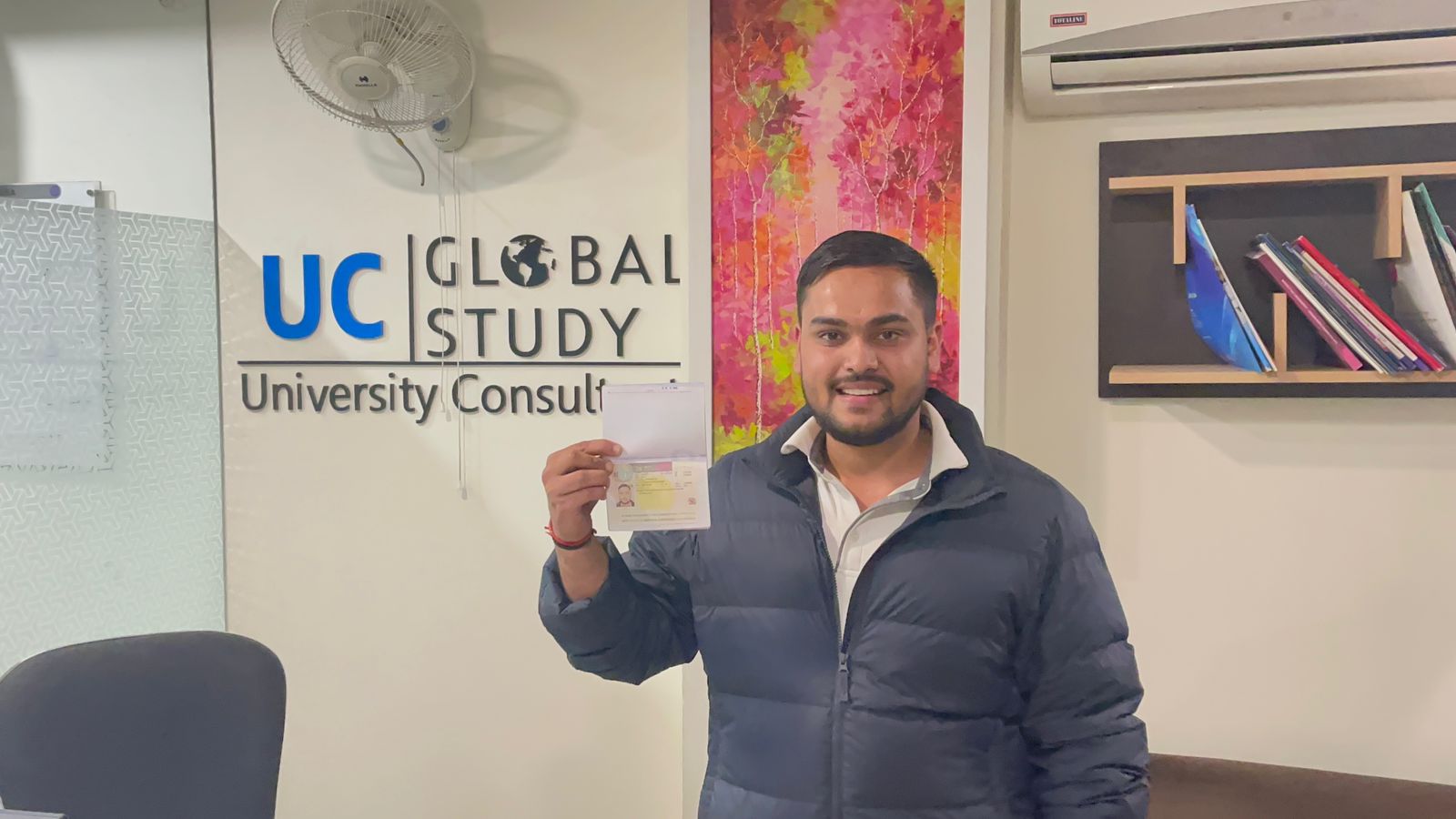
Find & compare study programs abroad
Where will your studies take you?
Every year, our search engine helps over 1 million students find, compare, and connect with some of the best universities and schools around the world. Start your search today!

Every year, our search engine helps over 1 million students find, compare, and connect with some of the best universities and schools around the world. Start your search today!


UC Global consultancy provides best service for overseas students want to go abroad for studies.All staff have good knowledge of abroad Universities and colleges. Great to have you guys.


UC Global Study provides trustable consultancy with excellent service. Their expertise and support ensure a reliable and seamless experience for individuals seeking guidance in their educational pursuits.